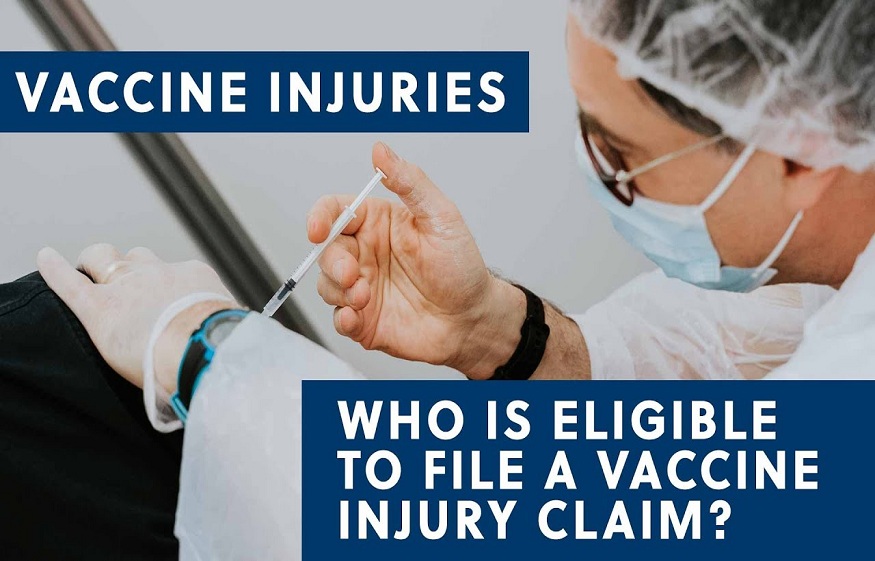Vaccines are the most advantageous and one of the most economical methods for avoiding infectious diseases. As these diseases have been expanding globally, vaccines have helped save many lives and eradicate many more. In the industrialized world, a significant percentage of parents have decided not to vaccinate their children over the past 20 to 30 years, and in many cases, the doctors involved are unsure whether to give the children all the recommended vaccinations to protect them against infectious diseases.
There are several theories about how the same thing happens, but no one idea has been definitively shown to cause VITP. ITP vaccination occurrences are routinely managed by administering medications such as steroids, intravenous immunoglobulins, or, in very rare cases, thrombopoietic agents or vinca alkaloids. We present a case of VITP in a middle-aged woman who responded to steroid therapy and may have been caused by coronavirus immunization.
The fact that thrombocytopenia has been linked to vaccine administration and that many people choose not to get vaccinated is largely attributable to the inaccurate information they receive about vaccines, including the frequency, severity, and risk of chronic disease, as well as the potential for recurrences following the administration of additional doses of the vaccine.
ITP, or immune thrombocytopenia, is a hemorrhagic disease that develops over time and is characterized by immune-mediated destruction of platelets and/or increased splenic sequestration of platelets. Primary or secondary are both options. ITP following vaccination is observed more in children and the young age group, and it is well documented that vaccines against many infectious agents, including measles, mumps, rubella, influenza, hepatitis B virus, and human papillomavirus, are the source of related ITP vaccine. There have been cases of vaccination-related immunological thrombocytopenia brought on by the COVID-19 coronavirus vaccine, which has been routinely utilized during the past one to two years. You can take help from a professional ITP Vaccine Injury Attorney.
The risk of ITP after vaccination
There is always information posted online about ITP vaccination occurrences, but not all of it is accurate. There is also very little accurate data available indicating the absolute risk of ITP in children getting any sort of vaccine. The ITP diagnosis Most of the time, it can’t be verified. ITP can be difficult to diagnose because there is no known test for it, especially when it develops after vaccination.
Post-vaccination ITP is a real possibility in people who experience thrombocytopenia or bleeding symptoms one to two weeks after vaccination. The patients who represented bleeding symptoms in the form of hemoptysis and menorrhagia, whose occurrence happened within a week of the vaccination shot, and the subsequent clinical and hematological response to systemic steroid therapy, promoted experts to consider the post-vaccination ITP hypothesis over others. This is the most widely accepted theory, and several cases prove it should be much more widely accepted. This is an uncommon disorder that has been linked to the coronavirus vaccine, and when compared to older women, the prevalence is substantially higher in the younger age range.
This is mostly due to the higher levels of fibrinogen and D-dimer, which are crucial for thrombosis-specific imaging and work-up in order to aid its exclusion. You can approach a professional ITP Vaccine Injury Attorney for help.
Treatment
A competent doctor may recommend the oral administration of medically approved pharmaceuticals for 2 weeks as part of treatment for an affected person after speaking with them, in addition to other supportive medications. This will have a clinical impact on how quickly the bleeding symptoms go away and how quickly the platelet counts returns to normal.
However, after one week of steroid cessation, thrombocytopenia typically manifests. The treatment will continue with the administration of steroids at a lower dosage for the following two weeks in the event that there are other or linked disorders present, such as anemia, which is quite typical.
Although there is a substantial chance of thrombocytopenia after receiving the Coronavirus vaccination, this risk is far lower than that brought on by wild viruses, and the clinical picture is also less severe. The ability of the vaccine to prevent fatal infections is more than just thought to be developing after immunization. It is best to consult a doctor before administering the ITP and other vaccines to children who have a history of ITP and who are also experiencing remission at the time of vaccination.
There have been some reports of ITP development following the injection of the V vaccination. It is not surprising that ITP may be linked with the varicella-zoster vaccine given that natural varicella-zoster infection can be followed by thrombocytopenia and that the response is based on the live attenuated virus.
A very small number of adult case reports have linked the inactivated influenza vaccination to ITP, and these instances have largely been reported in Germany, where 3 out of 169 ITP cases were likely linked to the use of the vaccine.

